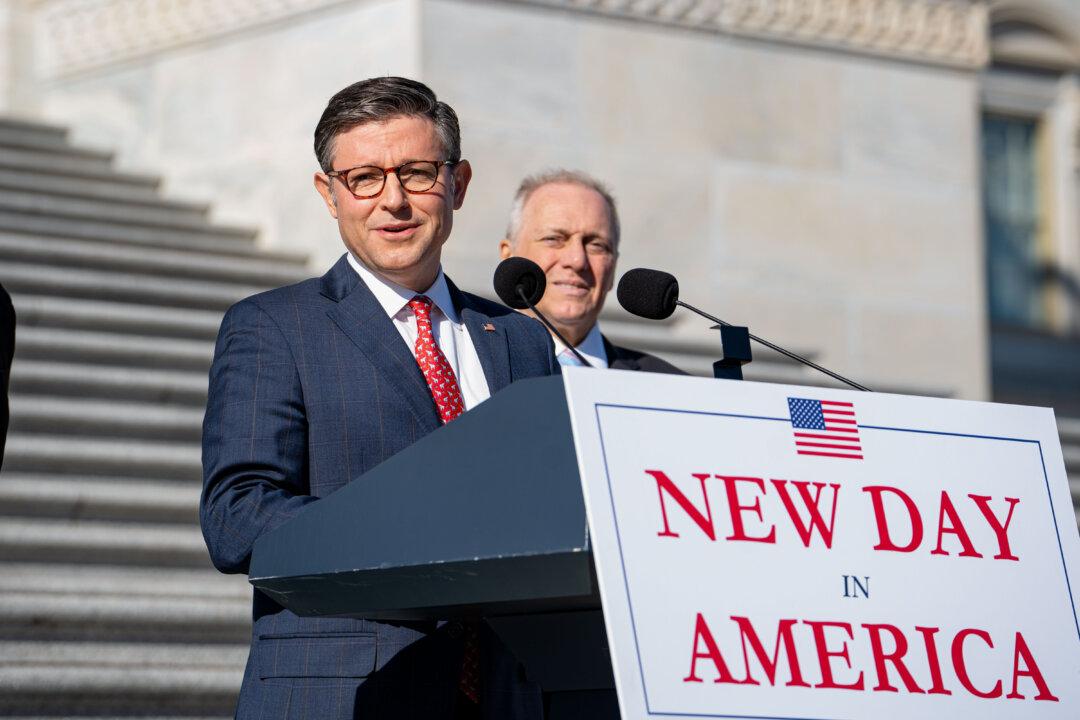House Speaker Mike Johnson (R-La.) said on Nov. 17 that he supports the use of recess appointments of President-elect Donald Trump’s Cabinet selections outside of the standard Senate nominating process.
Over the past week or so, the president-elect has been making announcements for positions he wants to fill in his incoming administration. While weighing in on the Senate Republican leadership race, Trump said that regardless of who wins, he wants the option to use recess appointments.





